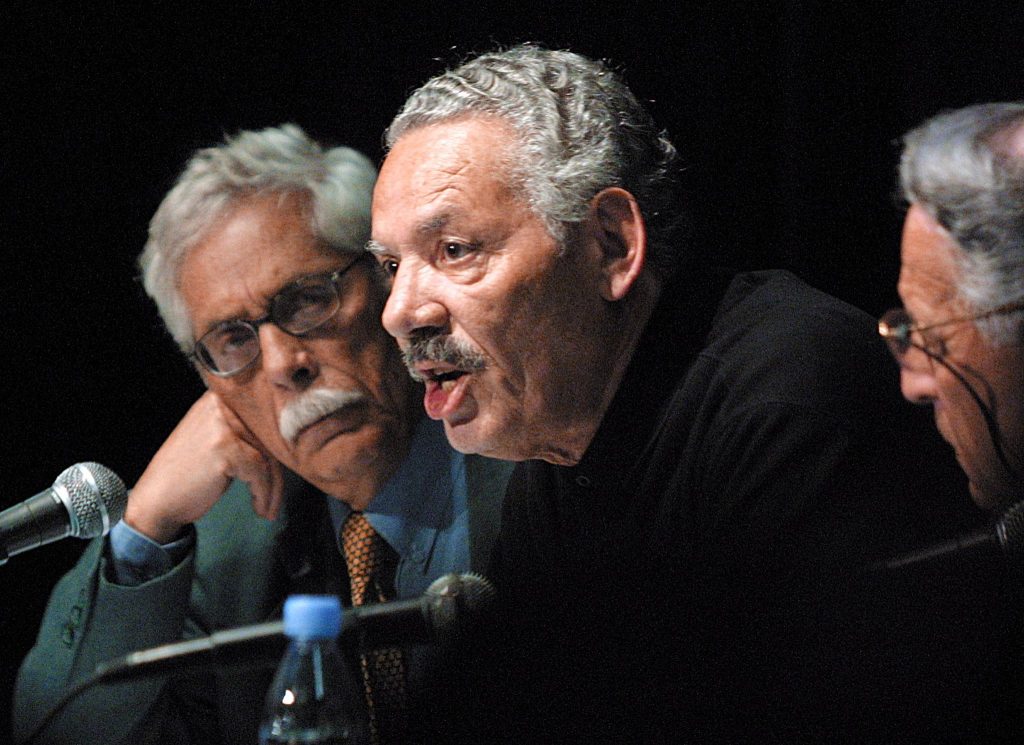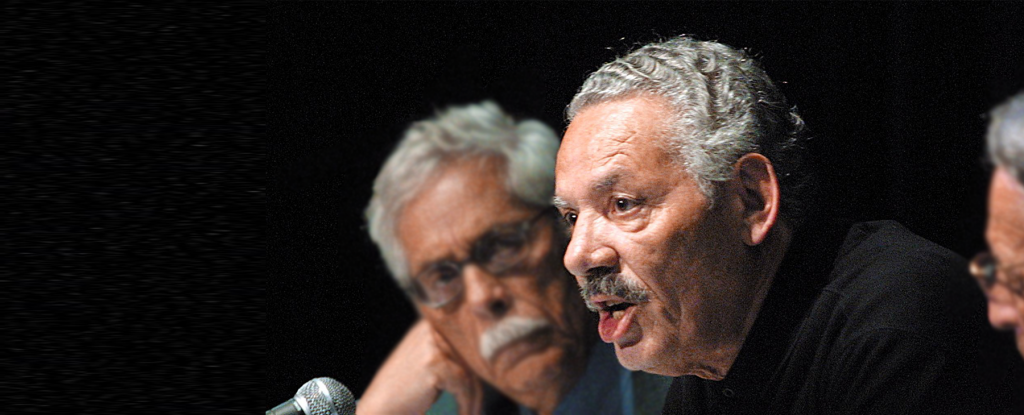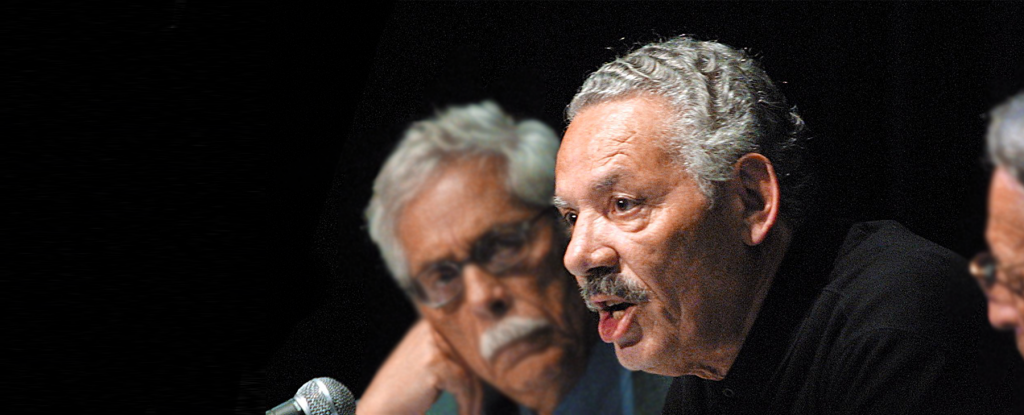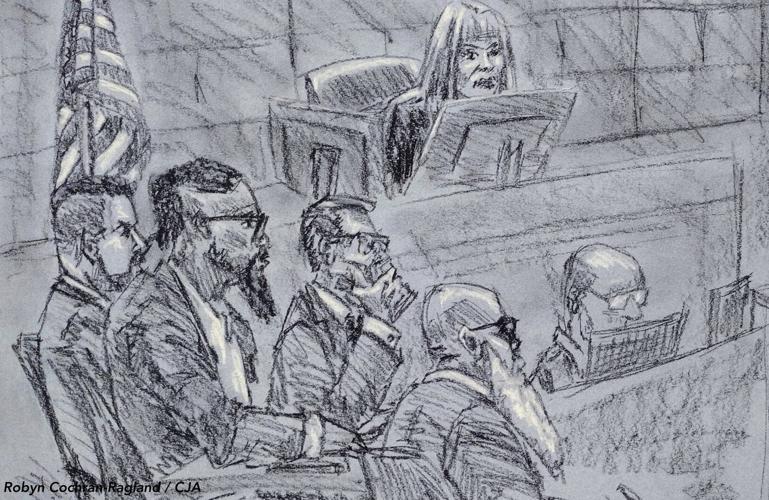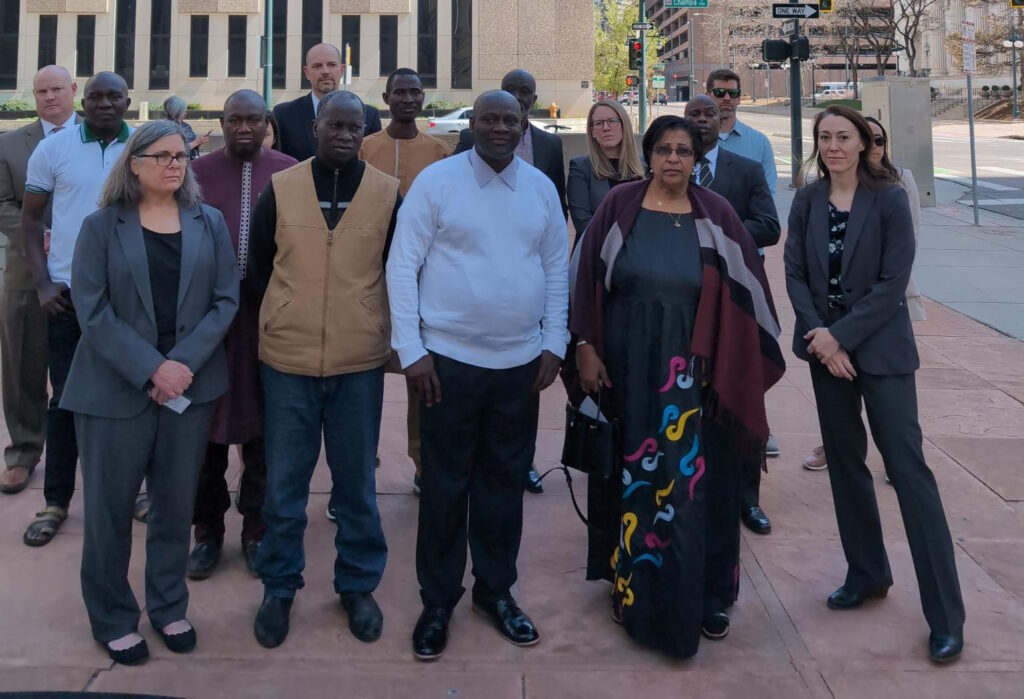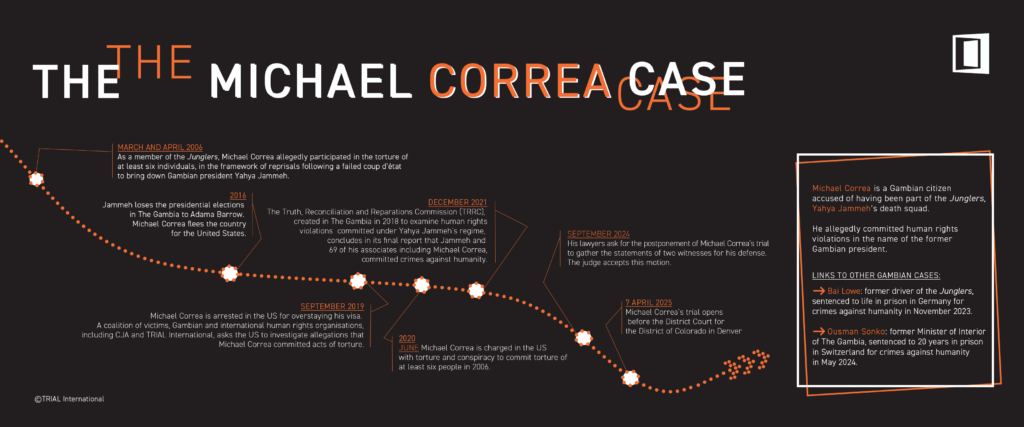Enforced Disappearance of Chakra Bahadur Katwal in December 2001
Story
In October 2010, TRIAL submitted a complaint to the United Nations Human Rights Committee on behalf of Chakra Bahadur Katwal, victim of enforced disappearance in 2001.
Katwal was the headmaster of Shree Kuibhir Secondary School (Kuibhirtar, Okhalkdhunga District), where he also taught science. He was married and the father of four children. On 9 December 2001, Chakra Katwal received a letter at his school asking him to go to the district’s education office in the Okhaldhunga village in order to respond to an inquiry. When Katwal arrived at Okhaldhunga a few days later, an employee of the education office told him that he had to go to the district police office in order to answer some questions. From there, Katwal was allegedly forced into one of the army buildings. The following day, witnesses saw soldiers carrying him by his arms and legs. Chakra Katwal seemed unconscious, his clothes were covered in blood and his body showed signs of beating. The victim was transported into the police buildings and has never been seen since.
Since Chakra Katwal’s disappearance, his spouse has not ceased to seek the truth about his fate and whereabouts. Not only have her efforts proved to be in vain, but she has also suffered from harassment by the Nepalese army. She was also abused during her arrest and detention in 2005, which aimed at silencing her on the issue of the army’s involvement in the enforced disappearance of her husband. Her daughter equally suffered from severe physical and psychological abuse during the six weeks in which she was arbitrarily detained by the army. She had to be hospitalized and is still suffering from significant long-term consequences despite medical treatment.
Case
In July 2006, Chakra Katwal’s relatives petitioned Nepal’s Supreme Court. On 1st July 2007, the Supreme Court confirmed that Katwal had been arbitrarily arrested and detained by the Nepalese army and police and that the torture he was subjected to had led to his death. The Supreme Court ordered that the people involved in this case and who were cited in the inquiry report be prosecuted. To date, however, the Nepalese authorities have not followed-up on the decision and impunity continues to reign. Katwal’s family still does not know what has happened to his body.
On 27 October 2010, TRIAL therefore submitted a complaint to the United Nations Human Rights Committee asking it to :
- Recognize that Nepal violated numerous articles of the International Covenant on Civil and Political Rights subsequently to Chakra Katwal’s enforced disappearance;
- Require an independent inquiry in order to precisely locate the place of his remains and to exhume them in order to allow the family to organize a funeral according to their traditions;
- Ask Nepal to prosecute the people responsible for Katwal’s disappearance;
- Declare that Nepal also violated the Covenant with regard to the suffering caused by Katwal’s spouse and family owing to his disappearance;
- Require that Nepal offer integral, prompt, just and adequate reparation for the suffering and the loss due to Katwal’s disappearance and to pay for the exhumation and funeral costs;
- Ask Nepal to provide the necessary guarantees for the non-repetition of similar acts to those suffered by Katwal and for his family’s safety during the course of the procedure.
Decision
In 2012, the UN Human Rights Committee declared the complaint admissible, holding that Chakra Katwal’s wife had used all available remedies without obtaining justice and redress and clarifying that she did not have to wait until domestic transitional justice mechanisms were in place before referring her case to the Committee. Transitional justice mechanisms, such as truth commissions, are important tools for the establishment of the truth, but cannot replace criminal prosecution.
On 1 April 2015 the Human Rights Committee issued a decision on the case, finding Nepal internationally responsible for the violation of several provisions of the International Covenant on Civil and Political Rights, including the rights to life, juridical personality, and personal liberty and the prohibition of torture. In particular, the Committee declared that the State is responsible for the arbitrary deprivation of liberty, ill-treatment, and enforced disappearance of Chakra Bahadur Katwal, for not having investigated such violations and not having duly prosecuted and sanctioned those responsible, and also for having subjected his wife to inhumane and degrading treatment because it has not unveiled the truth about Katwal’s fate and whereabouts.
The Committee requested Nepal to:
Investigate and locate the remains of Katwal, and return them to his family;
Identify, prosecute and sanction those responsible;
Ensure that the Katwal’s wife receives effective reparation, including adequate compensation and satisfaction for the harm suffered;
Prevent similar violations in the future, making sure that torture and enforced disappearance are duly codified under domestic criminal legislation.
Nepal has now 180 days to inform the Committee about the measures taken to implement this decision.


